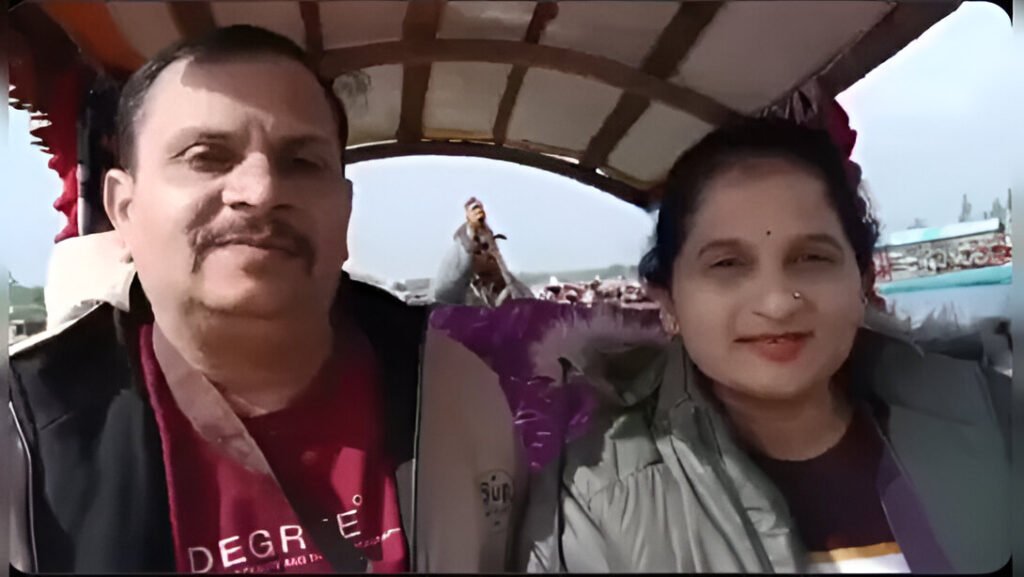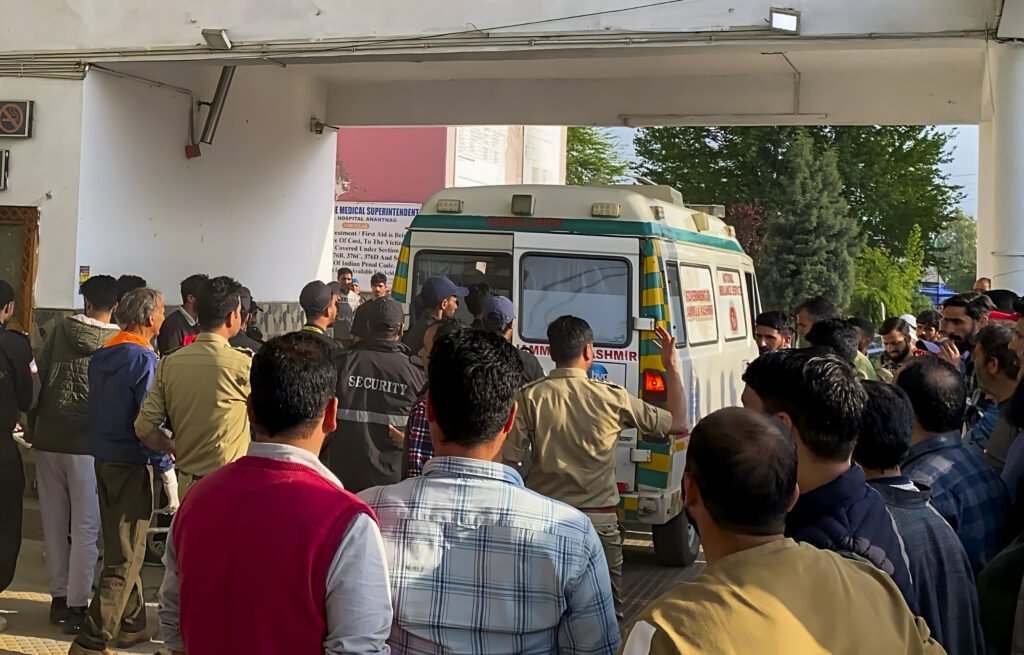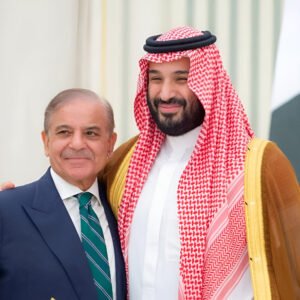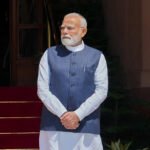
The picturesque Baisaran meadow in Pahalgam, Jammu and Kashmir, was one of the most popular tourist spots in India until April 22, 2025, when it turned into a killing field and witnessed the brutal assassination of more than 26 tourists. Survivors narrated the gruesome acts of violence inflicted upon them and relatives. One woman’s experience has horrified the entire nation: one of the attackers let her live after saying, “Won’t kill you. Go and tell Modi.” The calculated sadism of uttering such a dictat suggests that the vandals wanted to convey aggression on India’s leadership and take HofH nominations out of the hostilities and diatribe; they revealed that “call for blood.” “You,” which replied, “Not Naiel could mean ‘afford.” ‘War built for
The Onslaught: A Methodical Genocide
The beautiful Baisaran meadow was under siege at approximately 2:50 PM IST when two to four militants dressed in military uniforms emerged from the nearby forest and began shooting at tourists. As per the information given by the survivors, the shooters first masqueraded as police and commenced asking for names and ordering victims to recite the kalma. The ones who failed were executed at point-blank range, and the attackers are said to have had a bias toward non-Muslims. People watching the event recounted non-stop terror and panic as chaos erupted and injured people were begging to be helped.
Survivor’s Account: Addressing the Note of Prime Minister
One of the survivors included a woman from Karnataka who saw her husband being killed. One of the terrorists said to her, “Won’t kill you. Go, tell Modi.” This clearly shows that the survivors were meant to tell the reasons for this attack to Prime Minister Modi personally, which adds to the reason for the psychological effect of the acts.
Targeted Aggression: Identification of Victims from Their Religion
The terrorists in question had a very disturbing approach to identifying their victims. Some survivors recalled being forced to shout out Islamic prayers, and some even underwent a physical examination to check if they were circumcised as a means of knowing their religion. But the most disturbing factor of their identification process was that the non-Muslims who were identified were all eliminated, which shows clear signs of bias towards them.

Immediate Impact, Domestic and International
There was widespread condemnation regarding the Pahalgam attack. The prime minister, during his visit to Saudi Arabia, was furious and immediately cut short his trip and shouted that people who commit such acts in the future will have to face dire consequences. While his focus went to these external matters, Home Minister Amit Shah and Chief Minister Omar Abdullah came to the area themselves to supervise and control the rescue operations along with the investigation.
All international leaders, including [L’ONU|The United Nations] Secretary General Antonio Guterres, President of the United States Donald Trump, and President of Russia Vladimir Putin, condemned the attack due to the fact that it is and was an assault on violence inflicted towards civilians, which is intolerable under any conditions.
Consequences to Kashmir’s Security
The attack is the most brutal in recent history, and it severely puts the narrative of the peace ‘restored’ to Jammu and Kashmir after its special status was revoked in 2019 into question. The attack on the tourists, especially those who are not Muslims, threatens the image of the tourism sector of the economy as well as the violence-motivated economy.
To Sum Up
The attack in Pahalgam highlights once again the risks and dangers that lie towards the rest and peace in Jammu and Kashmir. The striking acts of hostility towards civilians and the statements made afterwards demonstrate the delay placed on the work of security forces needed to clean up combat against terrorism in every measure taken.











